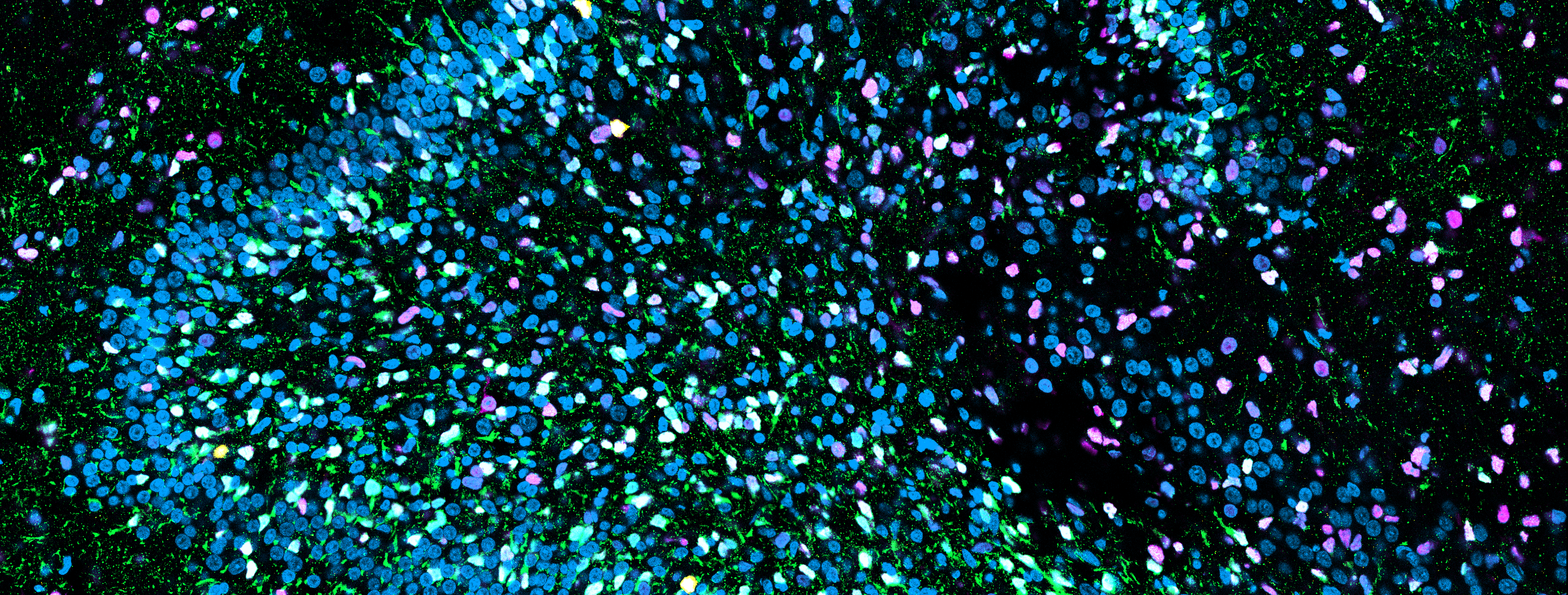Speaker
Description
Mental health outcomes are shaped by a complex interplay between genetics and environmental factors throughout life. Early-life exposure to endocrine-disrupting chemicals (EDCs), widespread environmental compounds that interfere with the endocrine system, has been associated with neurodevelopmental disorders (NDDs). Our research aims to identify risk and protective factors for mental health by investigating how prenatal EDC exposure interacts with genetic predisposition.
To explore these interactions, we leverage the Swedish SELMA cohort, which includes extensive data on environmental exposures, genetic profiles, and cognitive-behavioral phenotypes from over 600 children. From this cohort, we are selecting a subset for human-induced pluripotent stem cell (hiPSC) reprogramming and cortical brain organoid (CBO) differentiation. Selection is based on polygenic risk scores for NDDs and psychiatric disorders, prenatal EDC exposure levels, and behavioral phenotypes.
CBOs are 3D in vitro models that recapitulate key features of the developing human cortex, housing essential cell types such as progenitors and neurons. This controlled experimental setting enables precise manipulation of EDC exposure levels and allows us to model susceptibility and resilience to mental health outcomes at single-cell resolution.
We will perform single-cell RNA sequencing (scRNA-seq) to investigate the molecular mechanisms underlying these interactions. Furthermore, by integrating data from large scRNA-seq atlases of human fetal brain tissue, NDD-related genes identified through genome-wide association studies (GWAS), and our lab's ongoing work on a transcriptomic atlas of EDC and hormonal impacts on CBOs, we aim to pinpoint genes involved in NDDs that are altered by EDC exposure. We will develop cell-type-specific gene-environment interaction scores, offering insights into how EDCs modify gene expression in cortical cells depending on an individual’s genetic background.
Ultimately, this work will unravel how environmental exposures shape neurodevelopment at the molecular level, contributing to advancements in precision medicine for NDDs and supporting EU regulatory efforts concerning EDC exposure.
| Author(s) | Matassa Gaja, Lessi Manuel, Cheroni Cristina, Caporale Nicolò, Testa Giuseppe |
|---|---|
| Affiliation(s) | "Human Technopole Foundation Milan Italy, SEMM European School of Molecular Medicine Milan Italy, University of Milan, Milan, Italy Human Technopole Foundation, Milan, Italy, SEMM European School of Molecular Medicine, Milan, Italy, University of Milan, Milan, Italy Human Technopole Foundation, Milan, Italy Human Technopole Foundation, Milan, Italy, University of Milan, Milan, Italy Human Technopole Foundation, Milan, Italy, SEMM European School of Molecular Medicine, Milan, Italy, University of Milan, Milan, Italy" |

